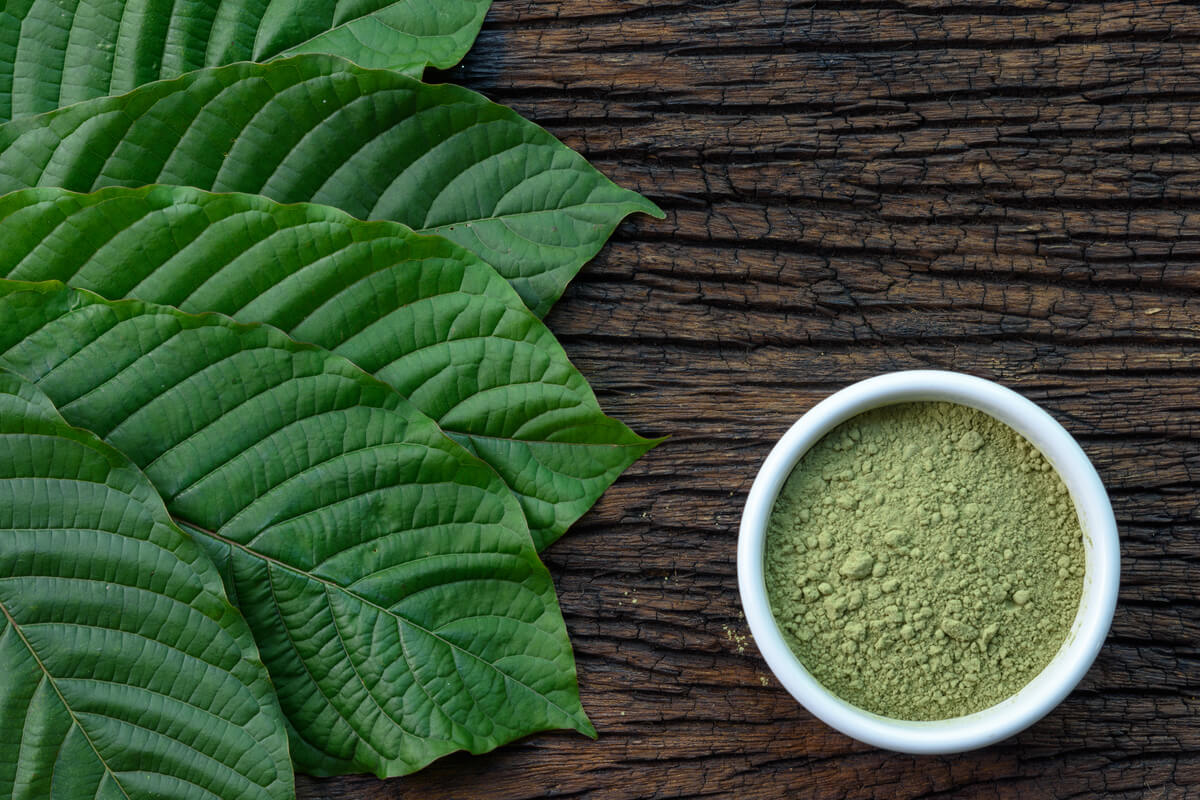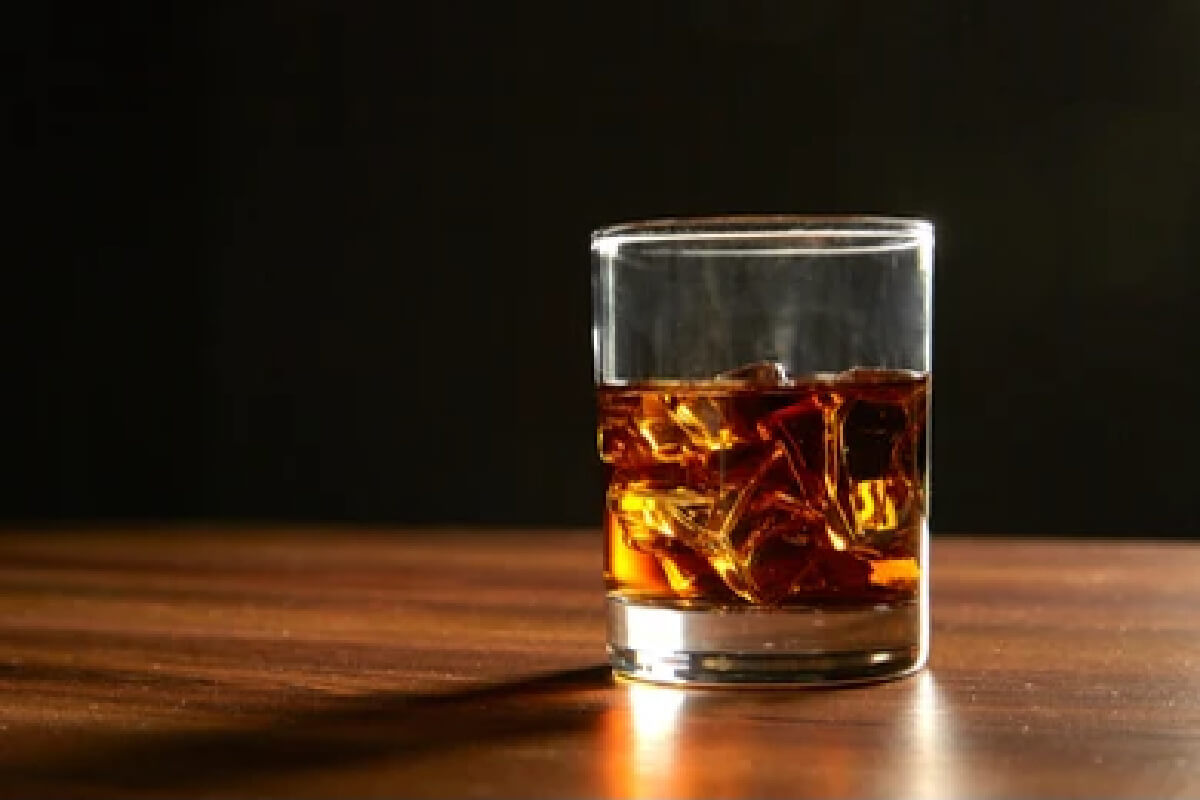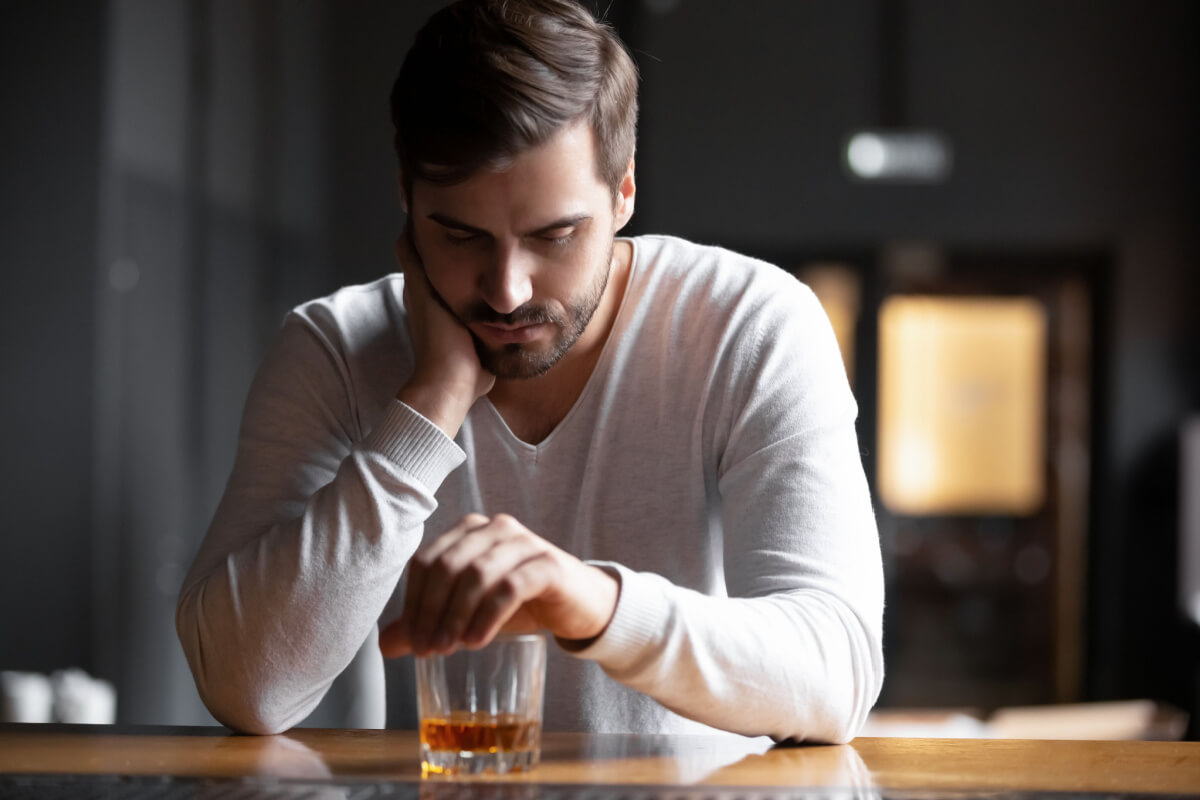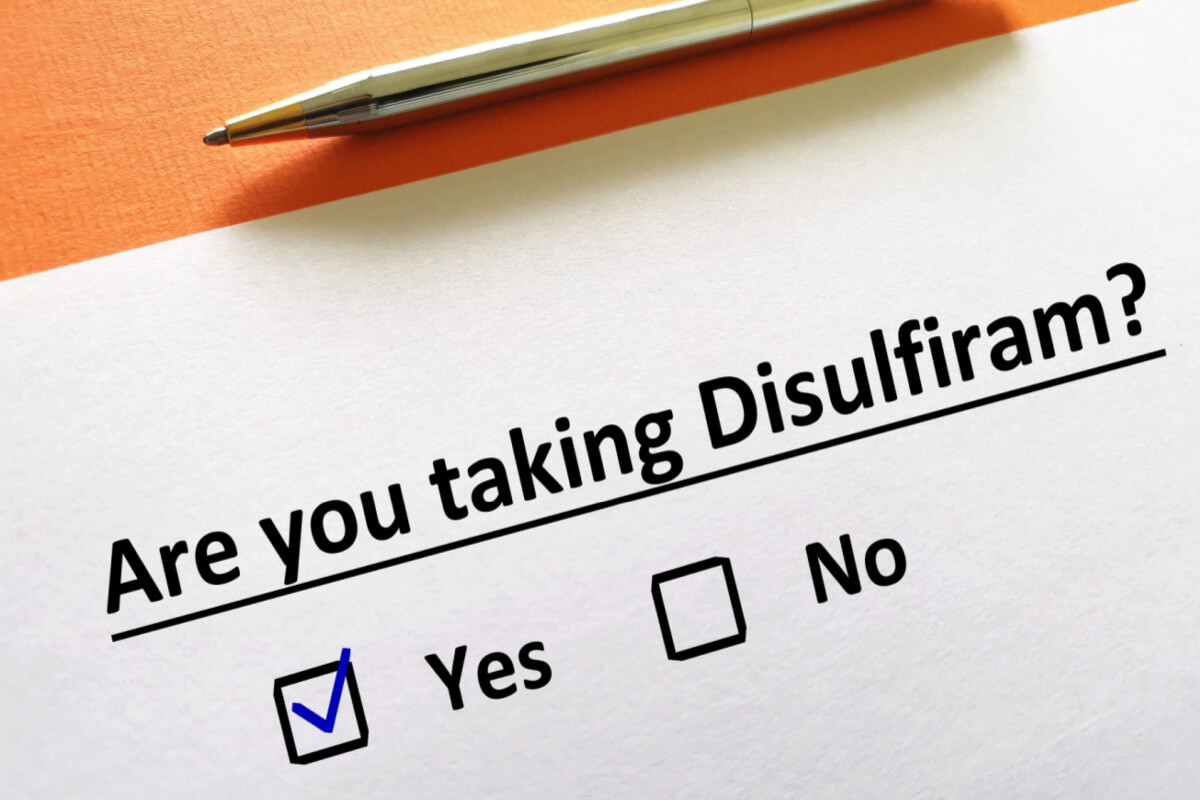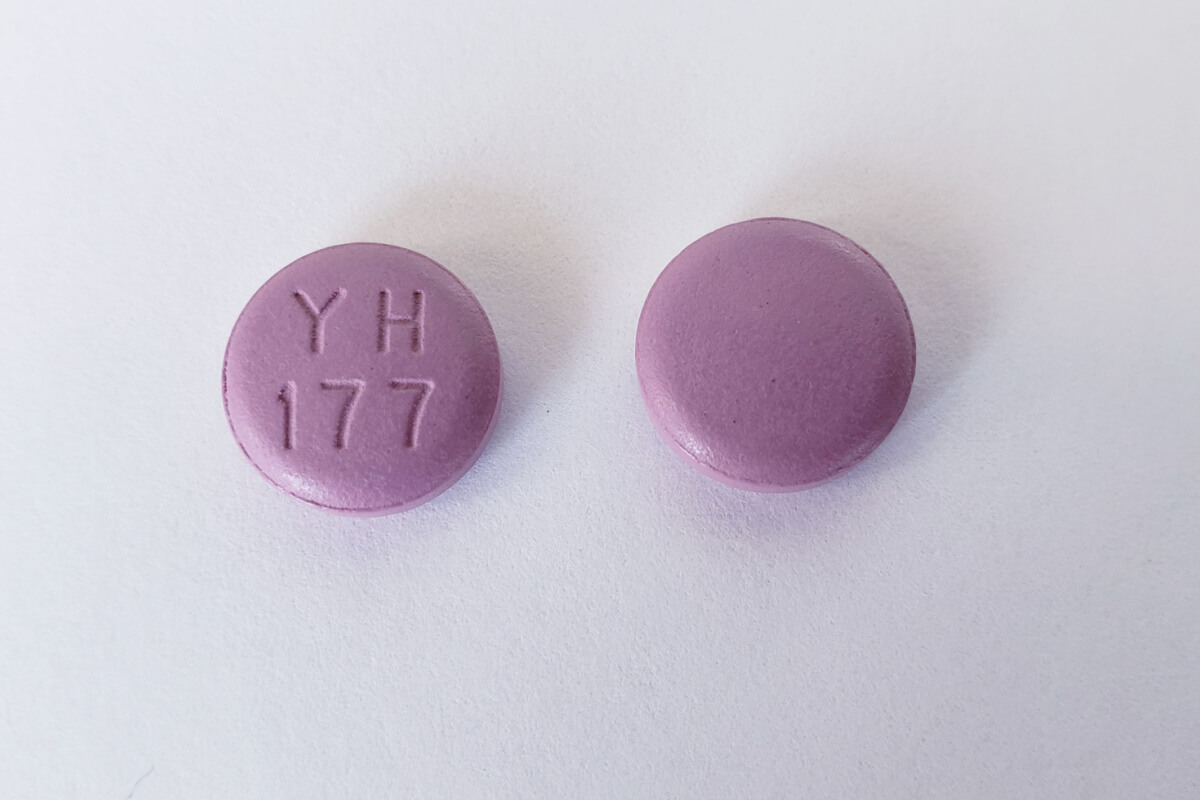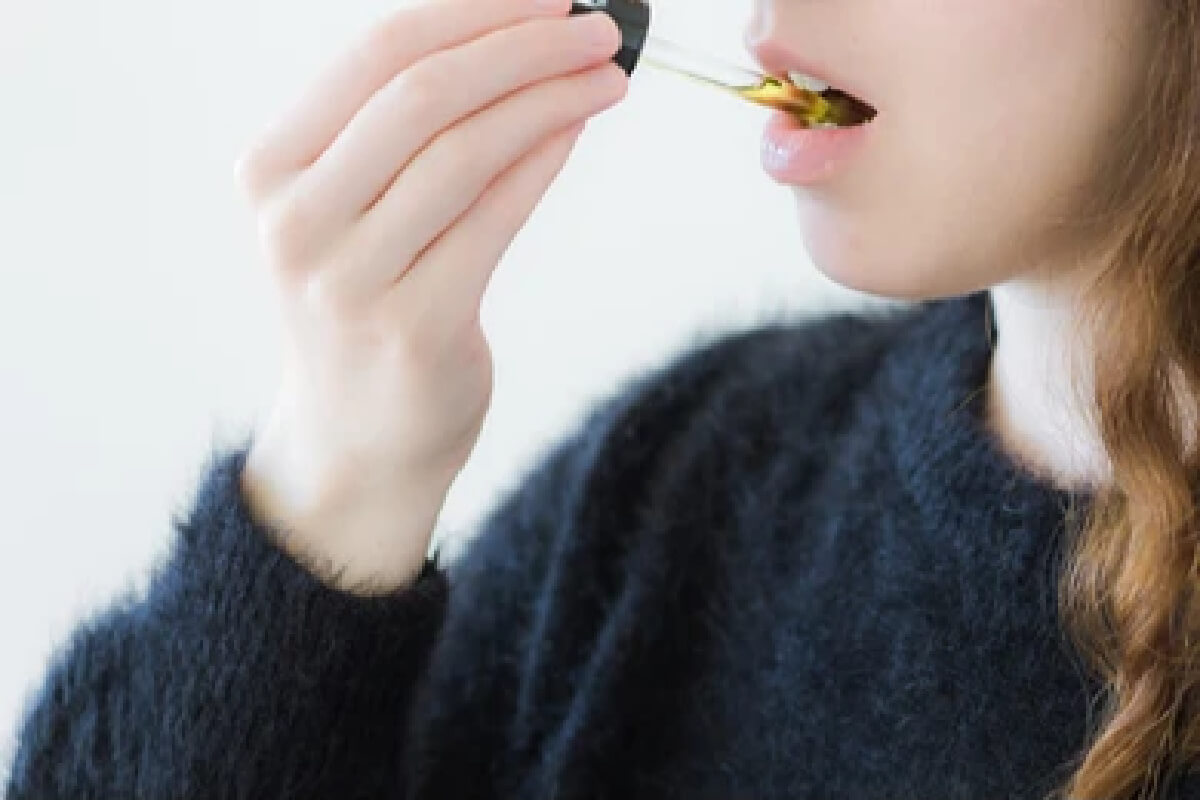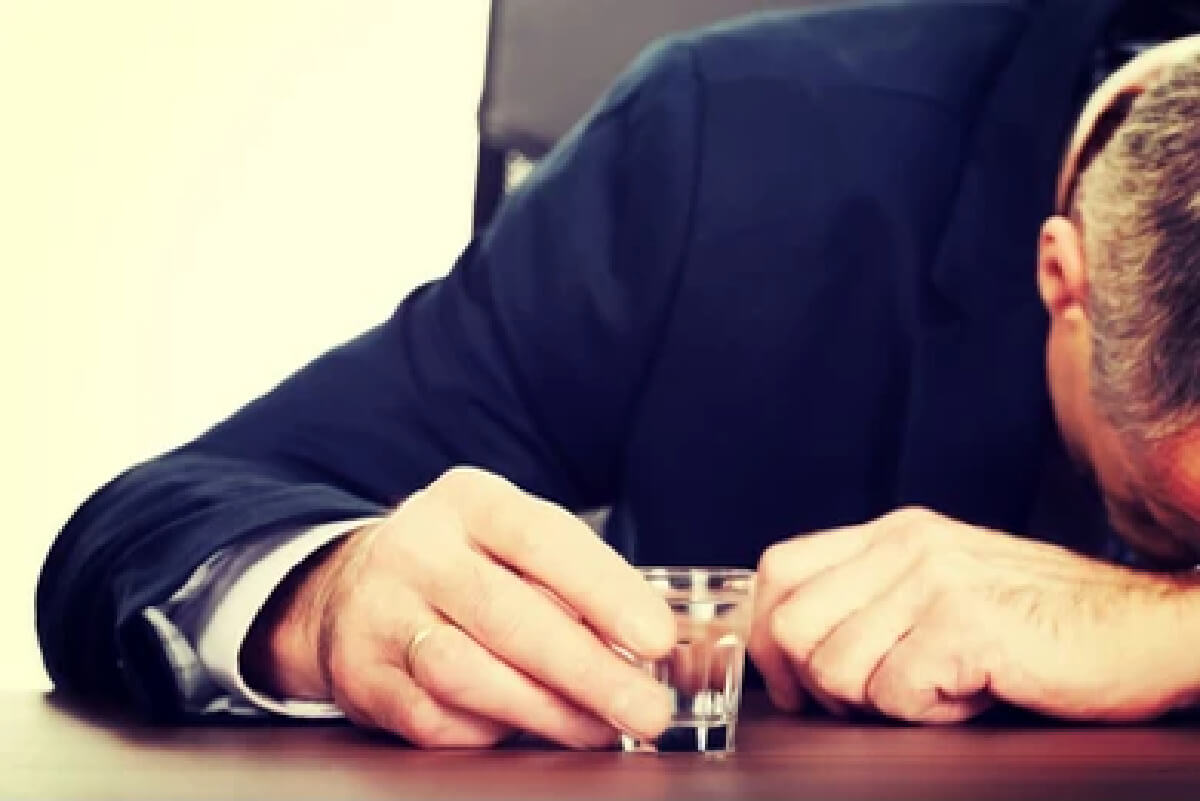
Addiction is a chronic disease with relapse rates similar to other chronic diseases at between 40% and 60%.[1] A relapse is a return to using drugs or alcohol after a period of abstinence.
Relapses often happen gradually in stages.
Risk factors for relapse are varied, ranging from untreated withdrawal symptoms to difficulties managing stress to untreated pain.
Preventive measures against relapse include social support, group meetings, treatment of other underlying medical and mental health conditions, and adequate treatment of pain or withdrawal symptoms.
Asking for help after a relapse, and even going back to treatment when necessary, can help you to achieve a lasting and healthy recovery.
What Is a Relapse?
A relapse occurs when a person uses drugs or drinks again after a period of sustained sobriety. Essentially, a person once again engages in substance misuse after they have been in recovery.
Relapse prevention is a key part of treatment for substance use disorders (SUD).[2] Since relapse is so common, it should be part of every person’s recovery plan.
Relapse is often part of recovery, so it doesn’t signify failure.[3] It is simply a sign that the treatment plan needs adjusting somewhat.
Stages of Relapse
A relapse usually happens in three main stages:[4]
1. Emotional Trigger
During an emotional relapse, something triggers an individual to have less emotional stability. Examples include a break up with a partner, a falling out with a friend or loss of a job.
Signs of an emotional relapse include the following:
- Isolation
- Bottling emotions up
- No longer going to meetings or going to meetings but refusing to share
- Poor eating and sleeping habits
- Focusing on other people’s issues instead of your own
If you don’t address or acknowledge the emotional trigger, you are at increased risk of relapse.
2. Mental Relapse
A mental relapse involves the redevelopment of thoughts to use a substance again. Signs of a mental relapse include starting to think about using the substance, making plans for where and when to use the substance, or coming up with rationalizations about why it would be fine to use the substance.
Thinking about using drugs or alcohol again during treatment and recovery is normal, and this does not necessarily indicate a mental relapse. When these thoughts become more frequent and insistent, this can mean you are having a mental relapse, which can progress to a physical relapse. Talk to your treatment team about this as soon as possible.
3. Physical Relapse
A physical relapse is when you start drinking or using drugs again. After a brief lapse, such as having one drink one time, it can be easy to slide back into uncontrolled use and a full-blown relapse.
What Are Triggers for Relapse?
There are a variety of reasons that a relapse can happen, and each person’s potential triggers are different.
A trigger is any stimulus that increases your desire to use a substance. Common triggers include the following:
- Seeing individuals with whom you used to use substances
- Attending gatherings or events where substances are being used
- Physical symptoms like untreated pain
- Social or psychological stressors, such as loss of a job or a relationship breakup
- Boredom or too much free time
It is important to understand your personal triggers and to practice methods to minimize or avoid them. If you are prepared to deal with triggers when you encounter them, you’ll be less likely to relapse.
The National Institute on Drug Abuse (NIDA) recommends that you spend a significant amount of time in treatment; 90 days is often not effective. In some cases, one year minimum is recommended to learn how to identify triggers and prevent relapse.[5]
Risk Factors & Triggers for Relapse
There are several risk factors that commonly lead to relapse, such as these:
Withdrawal Symptoms & Untreated Pain
Withdrawal symptoms are one of the most common triggers for relapse. Physical dependence on substances leads to uncomfortable withdrawal symptoms when use is discontinued.
Many of these withdrawal symptoms will dissipate or at least lessen in severity after the first week or so after stopping alcohol or drug use, but they are acutely felt during the initial phase of stopping substance misuse. In some cases, certain side effects can continue for weeks or even months. It can seem easier to return to drug or alcohol use to make them stop, leading to a relapse.
One of the best ways to address physical withdrawal symptoms is with Medication for Addiction Treatment (MAT). MAT minimizes or eliminates withdrawal symptoms and stops cravings, thereby preventing relapse.
Mental Health Issues
Untreated mental health disorders can lead to relapse. Mental health disorders and addiction co-occur around half the time, and each issue can contribute to and exacerbate the other.[6]
Stopping drug or alcohol misuse does not deal with the root causes that led to the substance misuse in the first place. If a mental health disorder like depression or anxiety is not treated, relapse is more likely.
Poor Self-Care: Diet & Sleep
Not taking proper care of yourself can be a risk factor for relapse. This can include unhealthy eating habits and not getting the right nutrition.
When you eat a diet that is high in sugar and low in necessary nutrients, you can experience mood swings and low energy that may also trigger cravings for drugs or alcohol. Not getting enough sleep can leave you fatigued, irritable and anxious, and this makes you more likely to return to substance misuse.
Relationship & Social Stress
Relationship problems, either intimate relationships with a partner or those with family and friends, may involve varying and sometimes extreme emotions that can be difficult to manage for anyone. When you couple this with early recovery, it can complicate things further and lead to significant stress. Unstable social relationships can be a trigger for relapse.
People, Places & Things Associated With Using
Anything that reminds you of drinking or using drugs can be risk factors for relapse. Hanging out with the same people you used to get high with, who are still engaging in drug misuse, can be a trigger for relapse.
What to Do After a Relapse?
Relapse is common in recovery and does not mean that you have failed. Let go of shame and guilt and instead focus on reaching out for help as soon as possible.
If you have discontinued formal behavioral therapy, it can be beneficial to go back . This can mean re-starting support groups, individual therapy, or other peer programs or day programs.
You may need professional services for detox after a relapse. This can give you the right support and medical help you will need to manage cravings and withdrawal symptoms.
Finally, starting or restarting Medication for Addiction Treatment (MAT) can manage physical withdrawal symptoms, reduce cravings and get you back on track.
Give yourself some grace. Remember that you stopped drinking or using drugs before and you can do it again. Reflect on what caused this relapse and create a relapse prevention plan to avoid future backsliding.
Use your support system and lean on them for help and encouragement. Your network may include family and friends, a support or self-help group and other sober individuals.
How to Prevent Relapse
Here are some tips for preventing relapse and achieving long-term recovery:
- Stay in treatment long enough to learn effective coping strategies and tools for managing triggers. Only discontinue treatment once you, your loved ones, and your doctor agree that you are very stable. It’s better to be in treatment too long than not long enough.
- Create a relapse prevention plan, and consider how to deal with scenarios that might be triggering in advance. If you know you will be at an event where a substance will be used, for example, plan in advance how you will handle it.
- Continue going to outpatient therapy or counseling sessions to sustain recovery.
- Involve your family members and close circle in your treatment and recovery planning.
- Ask for help when you need it and be honest about your feelings.
- Ensure that your home environment is supportive and low stress.
- Practice self-care, including caring for your emotional, physical and psychological states.
- Set healthy boundaries and stick to them.
- Avoid triggers when possible.
- Receive treatment for any underlying medical or mental health conditions.
- Understand what your triggers are and learn how to effectively manage them.
Remember that relapse is often part of recovery. Part of the work of recovery is to identify and avoid triggers before they lead to relapse.

Reviewed By Peter Manza, PhD
Peter Manza, PhD received his BA in Psychology and Biology from the University of Rochester and his PhD in Integrative Neuroscience at Stony Brook University. He is currently working as a research scientist in Washington, DC. His research focuses on the role ... Read More
- Drugs, Brains, and Behavior: The Science of Addiction Treatment and Recovery. National Institute on Drug Abuse. https://nida.nih.gov/publications/drugs-brains-behavior-science-addiction/treatment-recovery. July 2020. Accessed March 2023.
- Addiction Relapse Prevention. StatPearls. https://www.ncbi.nlm.nih.gov/books/NBK551500/. February 2023. Accessed March 2023.
- Relapse on the Road to Recovery: Learning the Lessons of Failure on the Way to Successful Behavior Change. Journal of Health Service Psychology. https://link.springer.com/article/10.1007/s42843-022-00058-5. April 2022. Accessed March 2023.
- Relapse Prevention and the Five Rules of Recovery. Yale Journal of Biology and Medicine. https://www.ncbi.nlm.nih.gov/pmc/articles/PMC4553654/. September 2015. Accessed March 2023.
- Principles of Effective Treatment. National Institute on Drug Abuse. https://nida.nih.gov/publications/principles-drug-addiction-treatment-research-based-guide-third-edition/principles-effective-treatment. January 2018. Accessed March 2023.
- Substance Use and Co-Occurring Mental Disorders. National Institute of Mental Health. https://www.nimh.nih.gov/health/topics/substance-use-and-mental-health. March 2021. Accessed March 2023.
Download Our Free Program Guide
Learn about our program, its effectiveness and what to expect
Related articles
Imagine what’s possible on the other side of opioid use disorder.
Our science-backed approach boasts 95% of patients reporting no withdrawal symptoms at 7 days. We can help you achieve easier days and a happier future.

